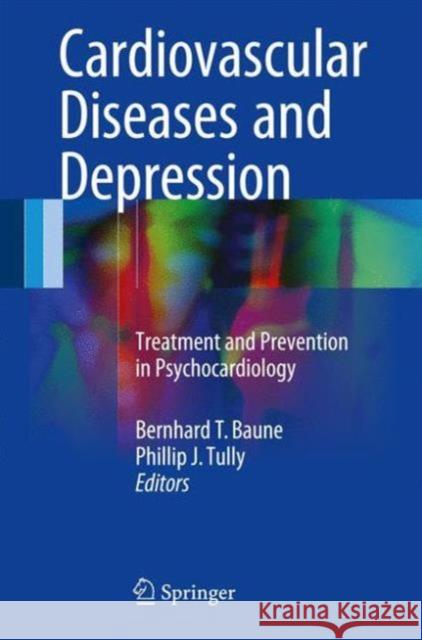Cardiovascular Diseases and Depression: Treatment and Prevention in Psychocardiology » książka
topmenu
Cardiovascular Diseases and Depression: Treatment and Prevention in Psychocardiology
ISBN-13: 9783319324784 / Angielski / Twarda / 2016 / 533 str.
Kategorie BISAC:
Wydawca:
Springer
Język:
Angielski
ISBN-13:
9783319324784
Rok wydania:
2016
Ilość stron:
533
Waga:
1.15 kg
Wymiary:
24.38 x 15.85 x 3.3
Oprawa:
Twarda
Wolumenów:
01











